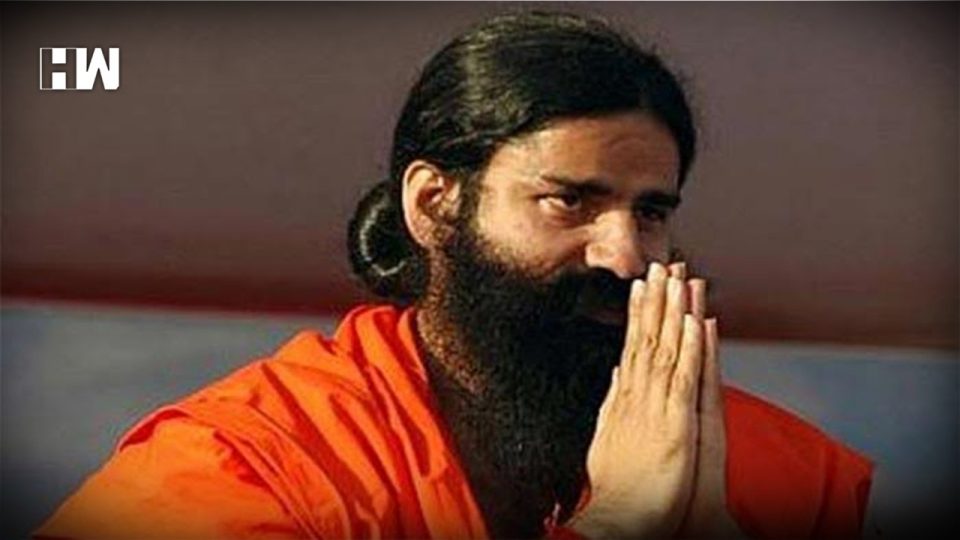New Delhi | Yoga guru Ramdev today told the Delhi High Court that his economic interests and reputation had been harmed by a book purportedly on his life, claiming it had defamatory content.
His counsel sought the setting aside of a trial court order removing the ban on the publication and the sale of the book, saying any damage caused to the reputation of a person has to be brought to a standstill forthwith.
Senior advocate Neeraj Kishan Kaul, appearing for Ramdev, said a person’s reputation is part of Article 21 (fundamental rights) of the Constitution and any such damage has to be stopped immediately. “You are harming my economic interest and my reputation,” he said.
Justice Anu Malhotra listed the matter for August 29 when the counsel will continue his arguments.
The counsel argued that there was a difference between what is interesting to the public and what is in public interest and “you cannot circulate gossips and rumours”.
He said after the launch of the book, titled ‘Godman To Tycoon’ on July 29, 2017, Ramdev had approached the trial court on August 4 that year.
The high court had stayed an order of the additional senior civil judge (ASCJ) lifting the ban on publication and sale of the book. It had granted the interim relief to Ramdev while hearing his plea challenging the ASCJ’s order.
Ramdev’s counsel had claimed that the allegations in the book relating to the Yoga guru’s life were incorrect.
In August last year, an Additional Civil Judge had restrained publisher Juggernaut Books from publishing and selling the book till further orders. It had also restrained Amazon India and Flipkart Internet Pvt Ltd from selling it online and immediate stopping of its pending deliveries to buyers. The book is authored by journalist Priyanka Pathak Narain.
The author had told the high court that at the end of the book, there were extracts of the facts including the details of persons whom she had interviewed before writing it.
Advocate Satyajit Sarna, who represented the publisher, had said the extracts of the material in the book were already in public domain since 2007 and Ramdev had never raised any objection. The counsel had said the entire record of the trial court has not been placed before the high court.
Challenging the civil judge’s April 28 order lifting the ban on the book, Ramdev had, in his suit, alleged that the information in the book was false. It tended to injure his reputation and led to an inference that the yoga guru had been involved in mischievous and criminal activities to achieve fame and success.
The publisher had earlier said that the book was a work of serious journalism. It was the product of over 50 interviews, many of them taped, with Ramdev and the key players in his life including close aides and family members, it had said.
“The book contains a detailed 25-page note on sources that lists the interviews, articles, police reports and RTI replies that are the basis of each chapter,” the publisher had said in a statement.
As an independent media platform, we do not take advertisements from governments and corporate houses. It is you, our readers, who have supported us on our journey to do honest and unbiased journalism. Please contribute, so that we can continue to do the same in future.

